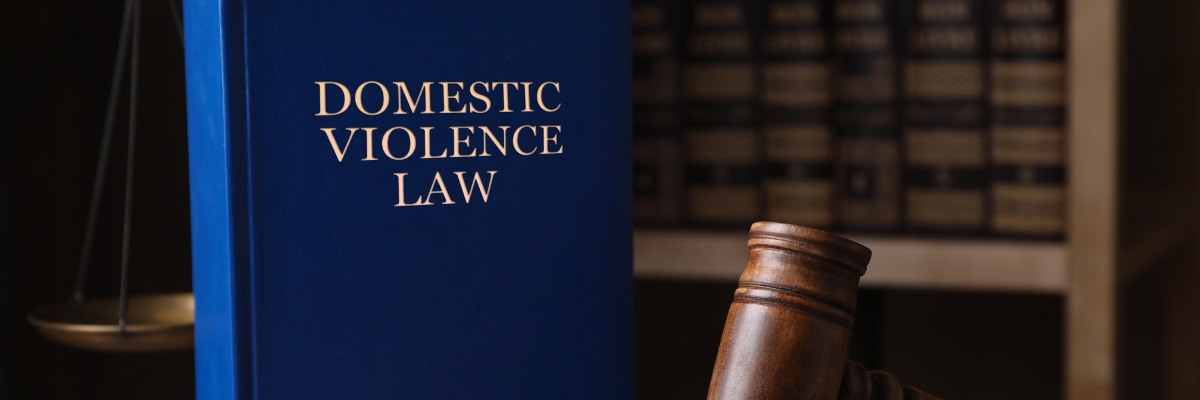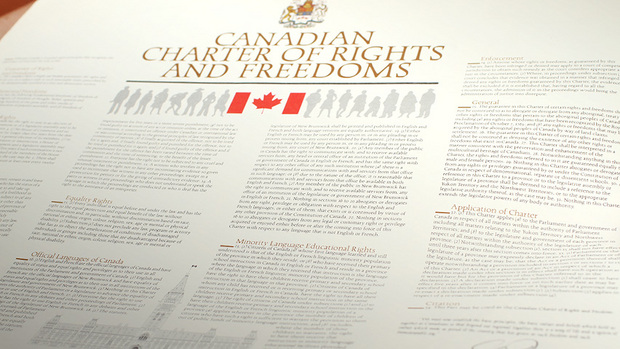Domestic assault charges are often some of the more challenging criminal charges to deal with. Conducting trials relating to these charges can be equally as challenging and frustrating for all parties involved. The police get frustrated when a victim changes his or her story. The Crown Attorney’s office gets frustrated when they have an uncooperative witness or a witness that does not wish to even attend court. Criminal defence lawyers get frustrated because domestic assault charges can often take time to resolve meanwhile their client simply wants to return home. Victims get frustrated when their credibility is challenged at trial and their attacker is found not guilty. Accused get frustrated because false allegations are made against them and they sometimes have to wait until their trial to clear their name.
Whether you have been charged with any form of assault of a domestic nature or you are the alleged victim of a domestic assault, you should understand how many domestic assault trials are dealt with. Two potential elements of domestic assault trials you should be familiar with are uncooperative witnesses, and how a judge will determine guilt based upon the credibility of witnesses at trial.
Common Domestic Assault Trials
Domestic assault trials often involve only two or three witnesses. In many circumstances the only witnesses that provide evidence are the alleged victim and the accused. One of the primary reasons there is often only two witnesses in domestic assault trials is because domestic abuse often occurs inside the home and not in front of other people. In some circumstances the Crown Attorney may elect to call one or more police officers. In circumstances where there are witnesses to the alleged assault, you can expect that the Crown Attorney will call these individuals, so long as the witnesses are not young children.
R. v. W.(D.) [1991] 1 S.C.R. 742
This is the leading decision from our Supreme Court of Canada that addresses how a judge determines the guilt of an accused based upon the credibility of witnesses. The Supreme Court held that a trier of fact cannot be asked to believe either the accused or the victim. The judge must engage in a 3-step analysis;
- If the judge believes the evidence provided by the accused, then the judge must find the accused not guilty.
- If the judge does not believe any or all of the evidence provided by the accused but the judge is still left with a reasonable doubt, then the judge must still find the accused not guilty.
- If the judge does not have a reasonable doubt after considering the accused’s evidence, the judge must ask whether, based upon the evidence he or she accepts as true, he or she is satisfied beyond a reasonable doubt that the accused is guilty. If the judge is still not satisfied beyond a reasonable doubt, then he or she must find the accused not guilty.
Credibility of Witnesses
Where domestic assault trials involve only the alleged victim and the accused, the credibility of the alleged victim will be essential in determining whether a judge finds the accused guilty or not guilty. The ability of a criminal defence lawyer to point out the inconsistencies in the testimony of the alleged victim becomes paramount in these trials. One of the more effective methods to pointing out inconsistencies in a witness’ testimony is by having available a transcript of the statement the alleged victim made to police. In circumstances where false allegations of domestic assault are made, often there can be discrepancies between a victim’s statement to the police and his or her testimony at trial.
The Uncooperative Witness
Often clients will push a trial or want the charges withdrawn when they are aware the alleged victim wants to reconcile and does not wish to proceed with the charges. Although an uncooperative witness has the potential to make the Crown Attorney’s case harder to prove, it will not prevent the Crown Attorney from proceeding on to trial.
Where the alleged victim recants his or her original statement or becomes uncooperative, such as by answering questions with ‘I don’t remember or I don’t know’ the Crown Attorney can make an application to have the victim declared a hostile witness and that the original statement be entered into as evidence. Where the victim is declared a hostile witness the Crown Attorney can then cross-examine the victim on his or her statement.
The Crown Attorney’s office is not going to withdraw domestic assault charges or be reluctant to proceed to trial simply because the alleged victim does not wish to proceed. The Ontario Crown Policy Manual states;
“Given the prevalence and danger or spouse/partner abuse and the dangers inherent in it, it will usually, although not always, be in the public interest to proceed with these prosecutions in cases where there is a reasonable prospect of conviction.”
“Counsel should exercise caution when evaluating requests from the victim for withdrawal of charges.”
You should be aware that these directives are strictly followed by the Crown Attorney’s office. To see the complete Crown Policy Manual click here.
Calling the Client to Testify
If you ask a criminal defence lawyer whether he or she would prefer to have his or her client testify, the answer will almost always be no. A common feeling among many criminal defence lawyers is that you will lose more cases than you will win when you call your client to the stand. However, there are occasions when a defence counsel has no other option but to have his or her client give testimony. In circumstances where the only witness for the Crown Attorney is the alleged victim in domestic assault trials, it will almost always be necessary for defence counsel to call his or her client.
However, there may be occasions where it may not be necessary for a criminal defence lawyer to call his or her client in domestic assault trials. If the defence counsel believes that he or she has conducted a successful cross-examination of the alleged victim, it may be that he or she has already raised a reasonable doubt. However, the defence counsel must be sure he or she has raised a reasonable doubt before deciding not to call his or her client. Ultimately it is the client who decides whether to take the witness stand, but the client should be relying upon the advice of his or her lawyer.
Contact
If you have been charged with any form of domestic assault, contact me immediately to arrange a free consultation. Although some matters do go to trial, criminal charges involving domestic assault are often be resolved prior to trial.
Following the links for more information on domestic assault, getting charges withdrawn, and the Early Intervention program.













